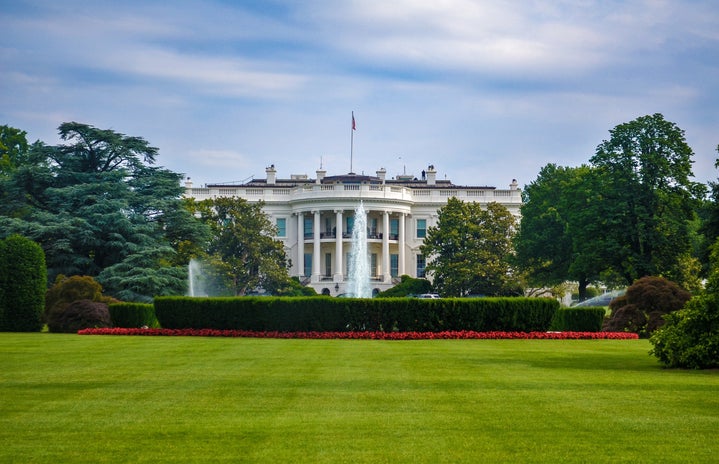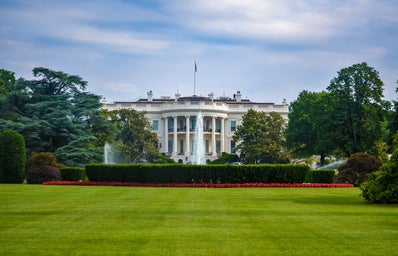I understand how this election cycle has been disheartening for a lot of people. And I understand that many of you who are still undecided are sick and tired of the condescension and guilt-tripping tactics you’ve had from many of the people trying to convince you to vote anyway. But speaking as someone who also feels disheartened and frustrated, you still should vote.
What if I don’t like either candidate?
Again, that’s understandable and valid. I’ve also heard people say that their vote doesn’t really matter (FiveThirtyEight puts the chances of a Clinton victory in California as over 99.9%).
The easy rebuttal to both those arguments is that even if you don’t like either of the two major party nominees (let’s be honest: they’re the only nominees that matter) for president, there are a lot of other important things on the ballot besides just who gets to be commander-in-chief. California has 17 down-ballot propositions on all sorts of issues, including gun control, the death penalty, prison reform, various tax increases, healthcare, education, and, yes, legalizing marijuana. The outcome of these state measures depend a lot on voter turnout and often can directly impact your life even more. If you’re worried that you’re not informed enough about them, good news: Her Campus at UCD has a guide right here!
But it’s not just about the candidates. It’s about protesting the flawed system that gives no better options.
The problem is that “not voting” is really not the revolutionary act that this logic requires. A lot of people already don’t vote. U.S. voter turnout consistently is far behind that of other developed countries, with only 53.6% of eligible voters casting ballots in the 2012 election. And yes, that number is lower among young voters, and yes, that is important (consider Brexit, where 75% of those under 25 voted to remain, but the leave votes won because only 64% of 18-to-24-year-olds voted compared to 90% of those over 65.) A non-vote because of revolutionary sentiment and frustration with a corrupt political system is, on Election Day, pretty much indistinguishable from all the many, many non-votes because of apathy. Saying you’re rebelling against the system by not voting is like saying you’re rebelling against mainstream music because you listen to Imagine Dragons; a lot of people already do that so it’s really not that radical.
I understand the importance of voting, but I just can’t bring myself to do it because voting for either Clinton or Trump would violate my principles. Even if voting makes sense from a practical point of view, I have to vote my conscience.
I know a lot of people with this same dilemma, and while I can’t speak for your particular principles, I’m sympathetic to this position. It’s a horrible one and I respect anyone who sincerely wants to make a stand for their ideals.
But politics isn’t just about ideals. But it’s also about people: real, specific, numerous people whose lives are actually affected by our government’s policies. When you vote for a representative or a measure, you’re not just voting abstractly based on theoretical positions of where you stand ethically. You’re (hopefully) voting to help people, for the best interests of your fellow citizens.
This article puts it better than I ever could: “your conscience is what keeps you from doing things that feel good but hurt other people.” Again, it’s understandable you don’t want to participate in something you consider immoral. But human sacrifice so you can keep your hands clean isn’t a principled act; it’s just selfishness.
What you do or don’t do on November 8th is your business. But remember that the right to vote is a great power, not just for yourself but for others. Whatever you decide, just be really sure that you’re doing what’s best for the country.
These images are not the property of Her Campus.


